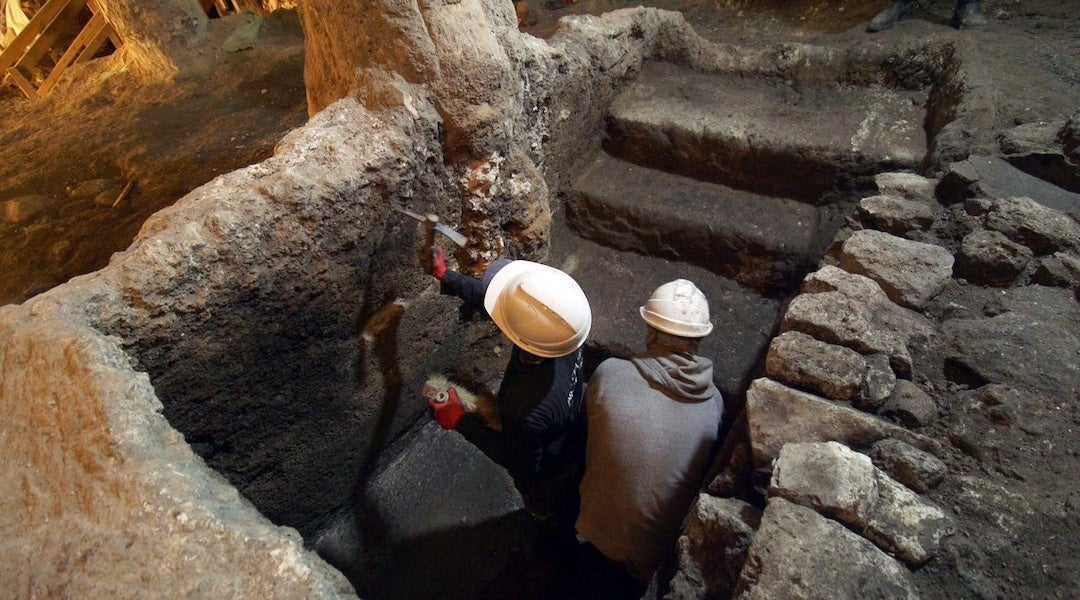What Are Benjamin Netanyahu’s Coalition Options After Narrow Israel Election Win?

Let?s Make a Deal: What are BIbi Netanyahu?s options as he hopes to build a new coalition? Image by getty images
Prime Minister Benjamin Netanyahu emerged from Israel’s election on Tuesday poised to form its next government, exit polls showed.
Netanyahu, head of the right-wing Likud party already aligned in a single bloc with the ultranationalist Yisrael Beitenu group, has said he hopes to put together a broad majority in the 120-member Israeli parliament.
The exit polls indicated he already has enough support from right-wing and religious parties to form a narrow governing coalition controlling 61 seats in the legislature. But some aides have said he may explore a broader opening to the centre.
Following is a breakdown of the types of government he could pursue in coalition negotiations likely to focus on key issues such as possible confrontation with Iran over its nuclear programme, peace with the Palestinians and the economy.
-
A narrow, right-wing and religious coalition of 61 Knesset members comprised of Likud-Beitenu, 31 seats, Jewish Home, 12, Shas 12, United Torah Judaism 6.
-
A broad coalition of 78 legislators that includes those from centrist parties that said during the election campaign they would be open to a political partnership with Netanyahu:
Likud-Beitenu, 31 seats, Jewish Home, 12, Shas, 12, United Torah Judaism, 6, Yesh Atid, 19.
That majority could grow to 102 if the centre-left Labour Party, with a projected 17 seats and former foreign minister Tzipi Livni’s Hatnuah party, with 7, also opt to join a Netanyahu coalition.
The polls showed centrist and left-wing parties winning 50 parliamentary seats. With the support of eight legislators from Arab parties, which have never agreed to join an Israeli government, a centrist bloc could control 58 seats, still short of a majority.
In a highly unlikely scenario, Shas, an ultra-Orthodox party that has traditionally been a kingpin in Israeli coalition-building, could opt to join with the centrists, for a government of 62 legislators.
But Shas and centrist and left-wing parties have long been at odds over key issues such as military draft exemptions for Jewish seminary students and the size of state stipends for religious institutions.
The process of coalition-building could take weeks.














